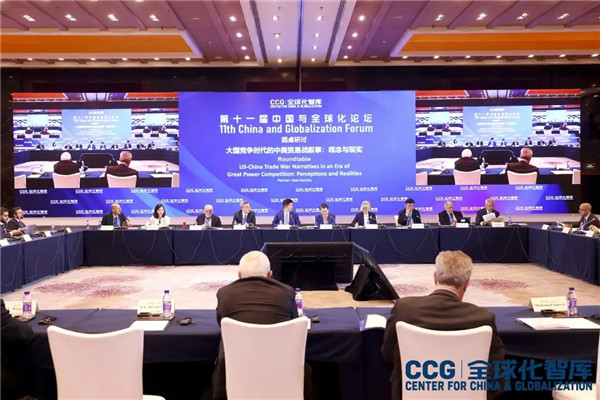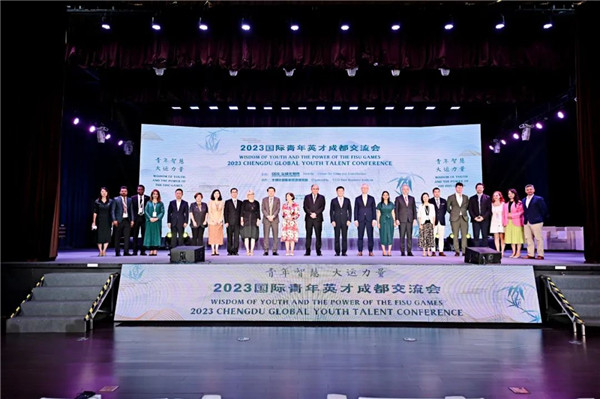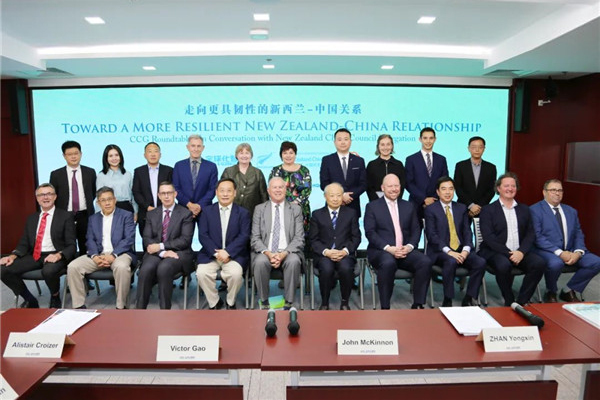CCG online seminar: What can China’s experience with COVID-19 offer the world?
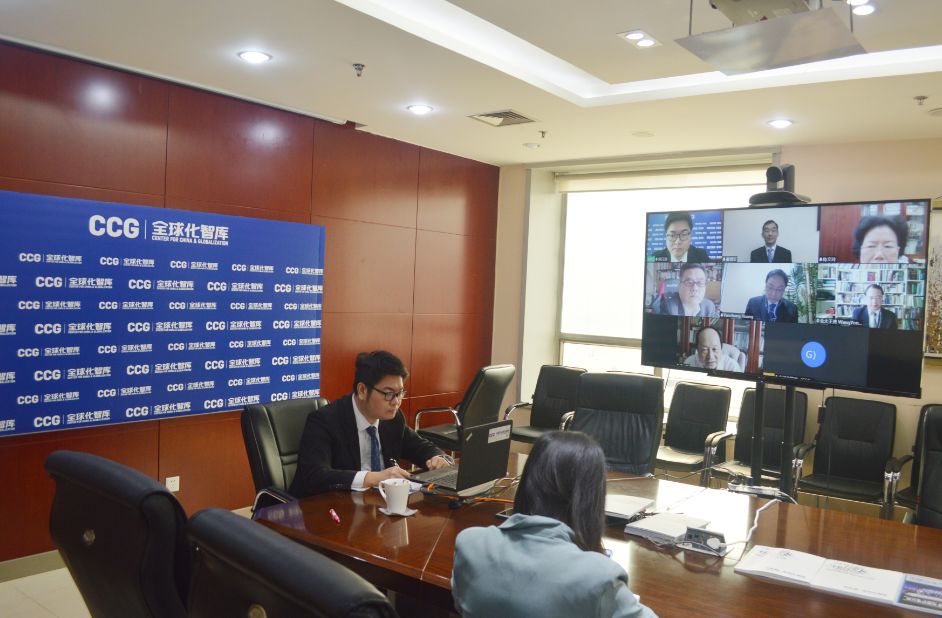
The COVID-19 outbreak poses a serious threat to public health and the global economy. In our interconnected world, no country can overcome the pandemic alone.
On March 25, 2020, the Center for China and Globalization (CCG) held an online seminar to discuss what China’s experience with COVID-19 offers to the rest of the world. This seminar featured experts, scholars and entrepreneurs from related fields to discuss China’s experience in fighting coronavirus and ways to implement international cooperation, as well as share views on the epidemic’s impact on globalization.
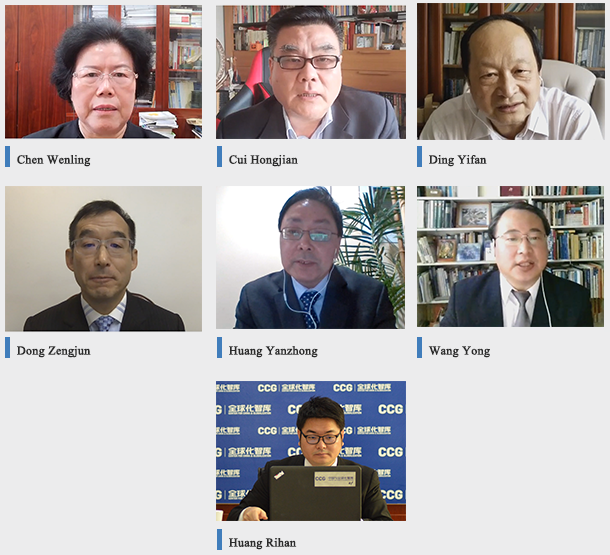
Chen Wenling, member of the CCG Academic Council and chief economist of the China Center for International Economic Exchange (CCIEE), said that cultural differences and preconceptions towards China had hindered some western countries in drawing lessons from China’s experiences.
Cui Hongjian, CCG non-resident senior fellow and director of the Department for European Studies of the China Institute of International Studies (CIIS), pointed out that in the process of fighting the epidemic, China and European countries should promote experience sharing and cooperation on resources and mechanism.
Ding Yifan, CCG non-resident senior fellow and former deputy director of the Institute of World Development, Development Research Center of the State Council (DRC) emphasized that in the future, China should put more efforts on settling misunderstandings towards China in the international community.
Dong Zengjun, CCG executive council member and CEO of CST Biological Reagents Company Asia Pacific and general manager of CST China, said that we should consider our responsibilities as human beings regarding the COVID-19 pandemic. We ought to help each other and share the same future.
Huang Yanzhong, CCG Academic Council member and senior fellow for Global Health at the Council on Foreign Relations, said that good public policy should strive for a balance rather than simply a “midpoint”, meaning that policy must be continuously adjusted according to the actual political, economic, and social conditions of each country.
Wang Yong, CCG non-resident senior fellow and professor and director of Center for International Politics and Economy Studies at Peking University, said that international policy coordination is needed to cope with the global economic crisis. Compared to the 2008 financial crisis, international cooperation has been lacking.
Huang Rihan, executive director of CCG Belt and Road Institute, said that in this critical period, China should contribute more to fighting COVID-19.
LocationBeijing
